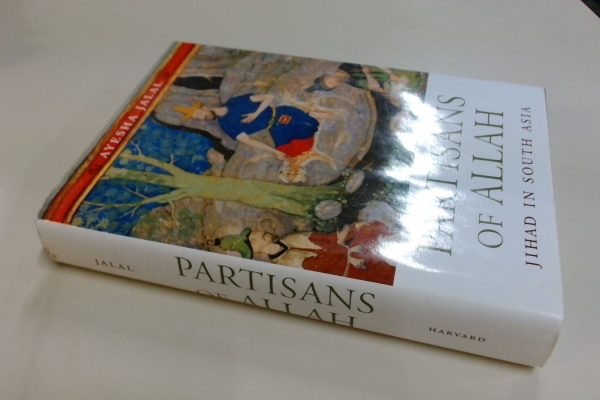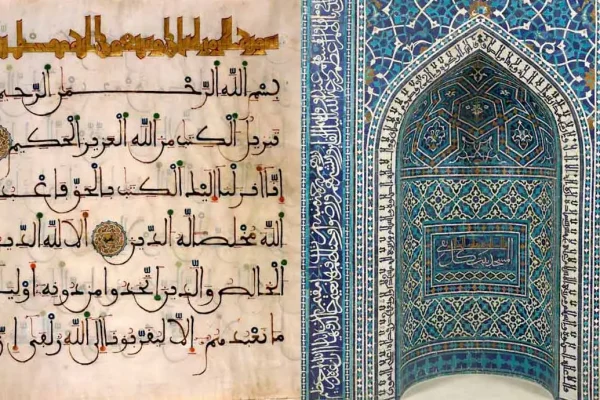
The Big Bang Theory and the Quran: A Harmonious Perspective
The Quran contains several verses that align remarkably with the modern scientific understanding of the Big Bang theory, suggesting an expanding universe originating from a single point. For instance, the verse “Do not those who disbelieve see that the heavens and the earth were a closed-up mass, then We opened them out?” (Quran 21:30) parallels the concept of the universe beginning from a singularity and expanding. Additionally, “And the heaven, We built it with might, and indeed We are (its) expander” (Quran 51:47) resonates with the idea of the universe’s ongoing expansion. These descriptions, revealed over 1400 years ago, harmonize with contemporary cosmological discoveries, highlighting a fascinating convergence of science and faith.















